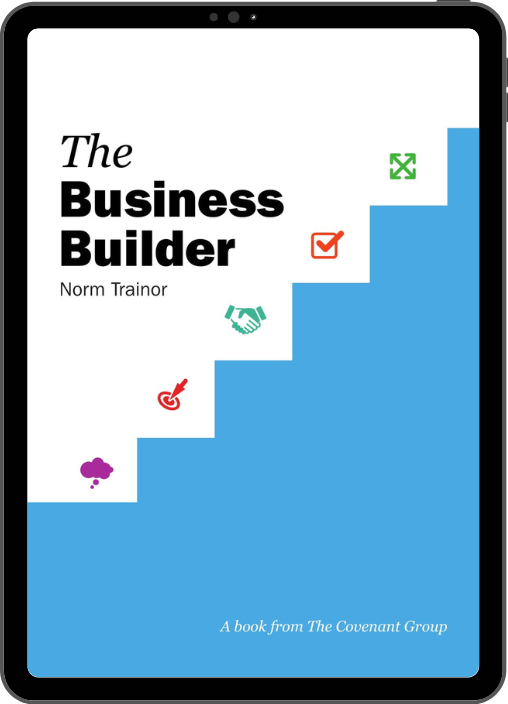High-performing business coaching programs proven to increase revenue and drive measurable results.
If you are an entrepreneur or professional looking to thrive in business and life, let’s talk. Get the proven strategies and systems you need to stay on track and grow your business.

How can we help you?
We know it’s not easy—whether you own your company or work for someone else.
You are the kind of person who wants to build a successful business, become part of a high-performing organization, or achieve personal and professional growth.
You need to harness your vision and bring it to life. We will help you develop the right plan, learn how to execute it the right way, and support you as you drive revenue and see dramatic results.
We know every business is different, which is why our programs are tailored for your needs. We’ll work closely with you to develop a plan and make sure you achieve your goals.
Trusted by industry leaders around the world















Our Programs
At The Covenant Group, we help you unlock your business’s full potential. Our high-performance coaching programs focus on what matters most: implementation. We build on your existing strengths to sharpen your value proposition, tackle real-world challenges, and drive measurable results. As a member, you gain access to a diverse network of professionals and tools that support your growth.




A look into our process
Download Our Free Starter Kit
Are you a successful entrepreneur or executive looking to enhance your work and drive business growth?
Inside this kit, you'll gain instant access to three game-changing ebooks designed to help you optimize your workflow, enhance productivity, master the art and science of prospecting, and fuel your business growth.











